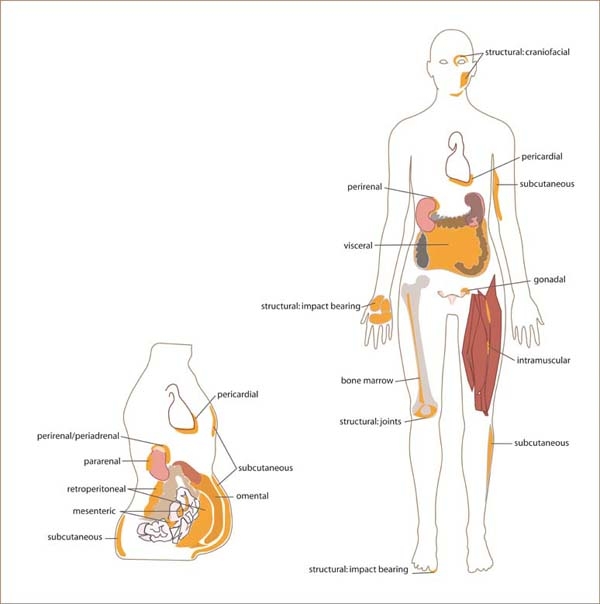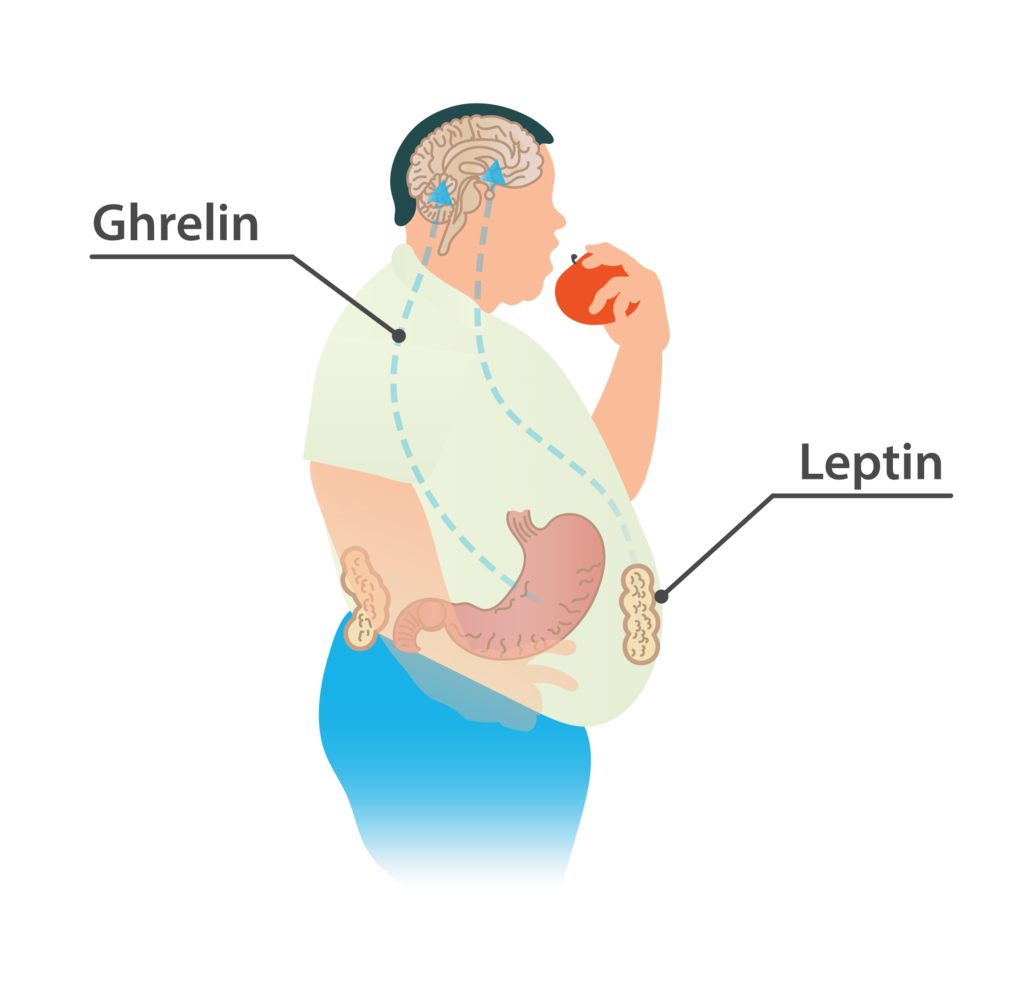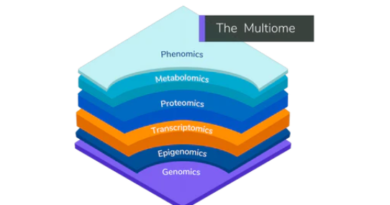
Adiponectin
Your brain decides when to eat – no matter what your eyes and gut desire.
The vagus nerve connects the gut and brain, swiftly communicates nutrient information, and induces pleasurable states. Instinctive eating serves your brain but most people incorporate habitual or emotional patterns. This is when the metabolic mayhem begins.
The science of nutritional behavior involves hunger cues, sensory stimuli, internal and external signals, and the gut-brain connection. External cues include packaging and advertisements, but interoceptive signals, such as hunger hormone [ghrelin] and satiety hormones [peptide YY and leptin] play profound roles.
Interoceptive states are sufficient to shape feeding behaviors absent external sensory cues. Feelings of hunger and satiety act as important interoceptive cues influencing your decision-making about food.
Poor interoceptive awareness leads to dysfunctional eating that sprouts chronic and degenerative diseases thanks to metabolic issues.
Food is fuel. Your body uses both external and internal cues to regulate your nutritive decisions which highlights the impressive processes involved in how you regulate its energy needs.
Enter the ever-present yet elusive adiponectin.

Adiponectin is a hormone and an adipokine protein impacting several metabolic processes – especially its insulin-sensitizing and anti-inflammatory effects. Your adipose tissue is primarily responsible for producing adiponectin though it is also produced via other tissues.
The technical term for body fat is adipose tissue. It is a loose connective tissue composed of fat cells with individual cells being called adipocytes. Adipocytes are white fat cells specializing in energy storage, insulation from extreme temperatures, and cushioning organs and connective tissue.
→ Adipocytes contain lipid droplets of stored triglycerides. These cells swell as they store fat and shrink when the fat is used for energy.
→ Adipose tissue helps to store energy in the form of fat, cushion internal organs, and insulate the body.
Types of Adipose Tissue:
→ White adipose tissue [WAT] stores energy and helps to insulate the body;
→ Brown adipose tissue [BAT]; and
→ Beige adipose tissue burns energy and generates heat.
Adipose tissue also produces hormones such as adiponectin which helps to burn fat and reduce body weight.
Hormones are chemicals that coordinate different functions in your body by transporting messages through your blood to your organs, muscles, and other tissues. These signals tell your body what to do and when to do it.
Adipokines [adipocytokines] are cell signaling proteins secreted by adipose tissue that play functional roles in energy and metabolic processes.
Metabolic processes [metabolism] represent chemical reactions inside your body that convert the food [calories] you consume to energy [ATP – adenosine triphosphate] for efficient physiological processes at the cellular level.
Lower-than-normal adiponectin levels are associated with several endocrine and metabolic conditions, including:
→ Obesity;
→ Type 2 diabetes;
→ Metabolic syndrome

Enter epigenetics.
Epigenetics represents the study of changes in organisms caused by modification of gene expression absent any alteration to the genetic code [DNA blueprint/sequence].
Your genetic blueprint is one of the many pieces of the complex human system. It consists of a combination of DNA markers [Adenosine – A, Cytosine – C, Guanine – G, and Thymine – T] known as Single Nucleotide Polymorphisms [SNPs – pronounced “snips”]. SNPs represent a genomic variant at a single base pair/position on your DNA sequence.
Your DNA blueprint is absolute and cannot be altered. Think of epigenetic markers as apostrophes sprinkled above the letters and words of a sentence [your DNA sequence]. Your DNA provides instructions for proteins to be produced inside the cells. Epigenetic markers impact [like a dimmer switch] how genes are read by cells.
SNPs represent the keys to optimizing gene expression. In an ideal world the A allele pairs with the T allele and the C allele pairs with the G allele. The world is far from ideal. Human behavior is unpredictable and lifestyle choices influence genetic expression.
The promise of epigenetics is its depiction of cellular integrity. When variants highlight abnormal cellular function it allows the opportunity to reverse chronic, degenerative, and autoimmune states, and enhance health, performance, and longevity via modification of gene expression through lifestyle changes.
The invaluable art of applying complicated data to complex thinking is “augmented intelligence.”
Adiponectin is a peptide hormone produced by fat cells [adipocytes]. Its main function is to help the muscles integrate glucose for energy. It alerts cells to burn glucose and fatty acids. Optimal health, performance, and longevity depend on your fuel choices and the timing of its ingestion.
High levels of adiponectin are an indicator of efficient cellular energy production and metabolism. Excess body fat will naturally secrete inflammatory materials suggesting an intricate relationship between low adiponectin, high inflammation, obesity, and related metabolic diseases.

ADIPOQ is a SNP that codes the hormone adiponectin. Adiponectin is a potent appetite hormone that regulates fat utilization.
Its gene expression is modulated by peroxisome proliferator-activated receptor y [PPARG] – which is a transcription factor activated by unsaturated fatty acids [MUFAs and PUFAs].
Yet another reason to ditch refined carbohydrates [CHO] and saturated fats [SFA]. The GG allele, for example, depicts a genetic propensity for increased risk for metabolic syndrome and insulin resistance. Learn more about epigenetic testing at Performance Medicine™.
An allele is one, two, or multiple versions of a DNA sequence at a given genomic location. A person inherits one allele from each parent in which observable traits are determined [phenotype]. A person is homozygous if both alleles are the same [AA, GG…] and heterozygous if the alleles are different [AC, CG…].
The plot thickens when one possesses the SNP known as the “Fat Gene.” FTO [alpha-ketoglutarate-dependent dioxygenase] is associated with hunger, decreased satiety, and impulsive eating behavior.
People with one or two of the risk alleles report a much higher frequency of uncontrolled eating behavior. These people tend to select high-density fat foods.

One of the most impactful elements respective to appetite is the effect of ghrelin levels. Ghrelin is a hormone secreted by the stomach. It is produced in the absence of food in the digestive system. Ghrelin stimulates appetite.
Grehlin levels are directly associated with hunger. The A variant/allele causes ghrelin to remain high for a prolonged time after meals. FTO regulates ghrelin through the methylation of mRNA [messenger RNA].
Satiety is a significant issue with the FTO gene because it incites high fasting insulin levels, glucose, triglycerides, lower HDL, increased body mass, and waist circumference.
Methylation is a chemical modification of DNA and other molecules that may be retained as cells divide to make more cells. Methylation can alter gene expression. mRNA is a molecule that contains the instructions or recipe that directs the cells to make proteins.
Peptide YY is ghrelin’s nemesis. It is secreted by the GI [gastrointestinal] tract. It is produced in response to food in the digestive system [meals] and inhibits appetite. Its counterpart in the interest of long-term health is the hormone leptin – a protein produced by fat cells that acts mainly in the regulation of appetite and fat storage.
Leptin’s main function is to help regulate the long-term balance between food intake and energy expenditure. Leptin regulates energy balance to mitigate a hunger response when it does need energy.
The ghrelin-leptin interface is ceaseless. Your lifestyle decisions regarding nutrition are the keys to your mansion of optimal health, performance, and longevity or insidious self-destruction.

Nutrition and exercise have profound impacts on everything you do. Adiponectin levels and gene expression can be modified with a few lifestyle changes. Adiponectin levels will significantly elevate when you implement cardiovascular [CV] exercise.
Dietary choices including fiber-rich foods, fatty fish [salmon], legumes, plant-based, whole food options, and low glycemic, caloric foods will propel swift modifications to your adiponectin levels. Intermittent fasting and more omega-3 food sources will facilitate change.
High glycemic foods increase the risk of developing chronic and degenerative diseases as blood sugar and insulin levels become uncontrolled. Processed foods, sugar-based, and white products incite an insidious backlash against your health, performance, and longevity.
Low glycemic foods such as green vegetables, most fruits, carrots, kidney/black beans, legumes, chickpeas, and lentils will facilitate positive adiponectin levels and gene expression modification. Fiber-rich CHOs will increase metabolic efficiency and elevate adiponectin blood levels – your body will thank you.
Learn more about how to transcend your health, performance, and longevity in life and sport at Performance Medicine™.
____________
*** Sources:
* Mosaic Biodata;
* Lucinda Hampton | Physiopedia;
* Cleveland Clinic


